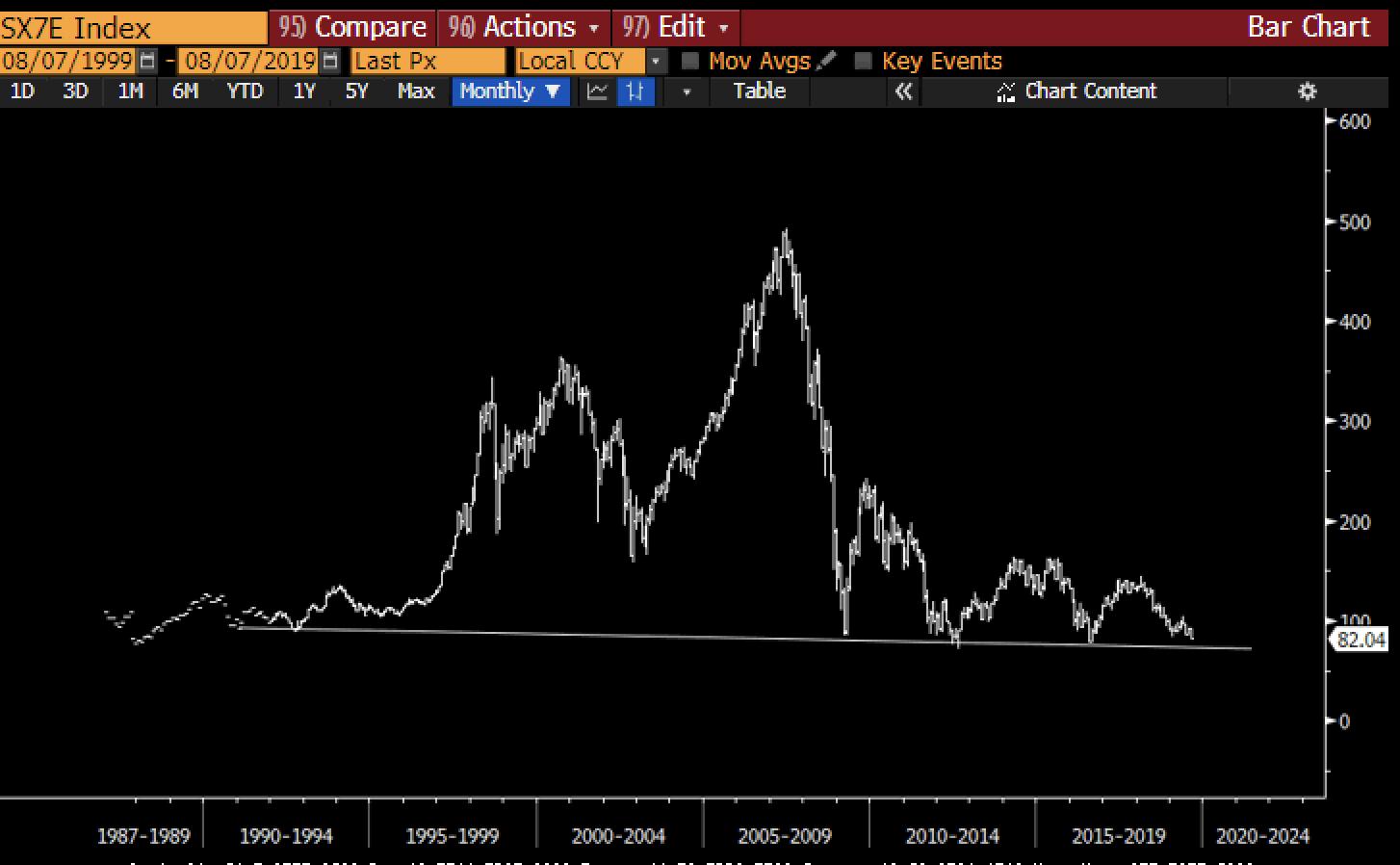For those most part, governments have ignored Bitcoin. While the crypto asset’s proponents see it as the future of money and finance, sporting the potential to usurp fiat currencies as we know them today, governments haven’t played along. More likely than not, they see BTC as nothing more than a criminal’s tool or a form of money for those on the margins.
But, when Facebook unveiled Libra in June, everything changed. Some of the world’s most powerful individuals came out to denounce the “cryptocurrency” project, including Donald Trump, Treasury Secretary Steven Mnuchin, and politicians of a similar caliber the world over.
Related Reading: CNBC Analyst Slams Facebook Libra, Champions Bitcoin
Their opposition towards the project may have an interesting backstory, a leading technology analyst has proposed.
Leading E.U. Nations Take Up Anti-Crypto Stance
While the Bitcoin market has stagnated, with the leading cryptocurrency finding a foothold of support at $10,000, Libra’s ecosystem has been more volatile than ever.
On Friday, the French finance ministry revealed to Reuters that both France and Germany — yes, the governments of those two E.U. behemoths — would be blocking Facebook’s Libra from being developed in their nations. They asserted that “no private entity can claim monetary power, which is inherent to the sovereignty of nations.”
Many saw this move coming. For weeks now, leading central bankers and politicians in the region have been outspoken against the risk of the crypto becoming a tool for criminals and *insert anti-cryptocurrency argument here*.
But according to Cathie Wood, the chief executive of disruption-centric portfolio manager/markets research firm ARK Invest, this move might be one out of fear, fear of the collapse of fiat.
Wood, who notably interviewed Elon Musk and got him to praise cryptocurrencies as the future, posed that as she didn’t expect for developed countries to ban cryptocurrency, the move to ban Libra may be one out of fear of the “long-term viability of the euro”. Wood cites the collapse of European bank stocks to prove her point.
I expected emerging markets with vulnerable currencies to ban #crypto, but I did not expect the same from developed counties. Are France and Germany getting concerned about the long term viability of the #euro? Based on the implosion of their bank stocks, perhaps they should be. https://t.co/03oqCpcBlZ
— Cathie Wood (@CathieDWood) September 16, 2019
Indeed, below is a chart of a European bank index, which shows that these financial institutions are trading at levels not seen since 1993.

Analysts like Raoul Pal have claimed that the collapse of European bank stocks, which may very well trigger a global financial meltdown, will be bullish for cryptocurrencies, especially the scarce and decentralized Bitcoin.
Libra Not a Threat to Fiat: Marcus
Despite the fears of leading E.U. nations, Libra has stuck to its guns, claiming that the end-product crypto asset won’t threaten the monetary sovereignty of nations.
In an extensive Twitter thread, David Marcus, Facebook’s head of Calibra (blockchain), said that at its core, Libra is meant to be a “better payment network and system running on top of existing currencies” for a global audience, not an entirely new paradigm meant to appeal to libertarians and anarcho-capitalists.
Related Reading: Ex-Federal Reserve Chair Basically Called a Bitcoin Price Bull Run
Indeed, as Marcus goes on to point out, the cryptocurrency will be backed 1:1 by a “basket of strong currencies”, disallowing the printing of money from thin air:
“As such there’s no new money creation, which will strictly remain the province of sovereign Nations… We also believe strong regulatory oversight preventing the Libra Association from deviating from its full 1:1 backing commitment is desirable.”
1/ About monetary sovereignty of Nations vs. Libra:
— David Marcus (@davidmarcus) September 16, 2019
Featured Image from Shutterstock
The post Why Are France & Germany Blocking Facebook’s Crypto? The Euro, Apparently appeared first on NewsBTC.
